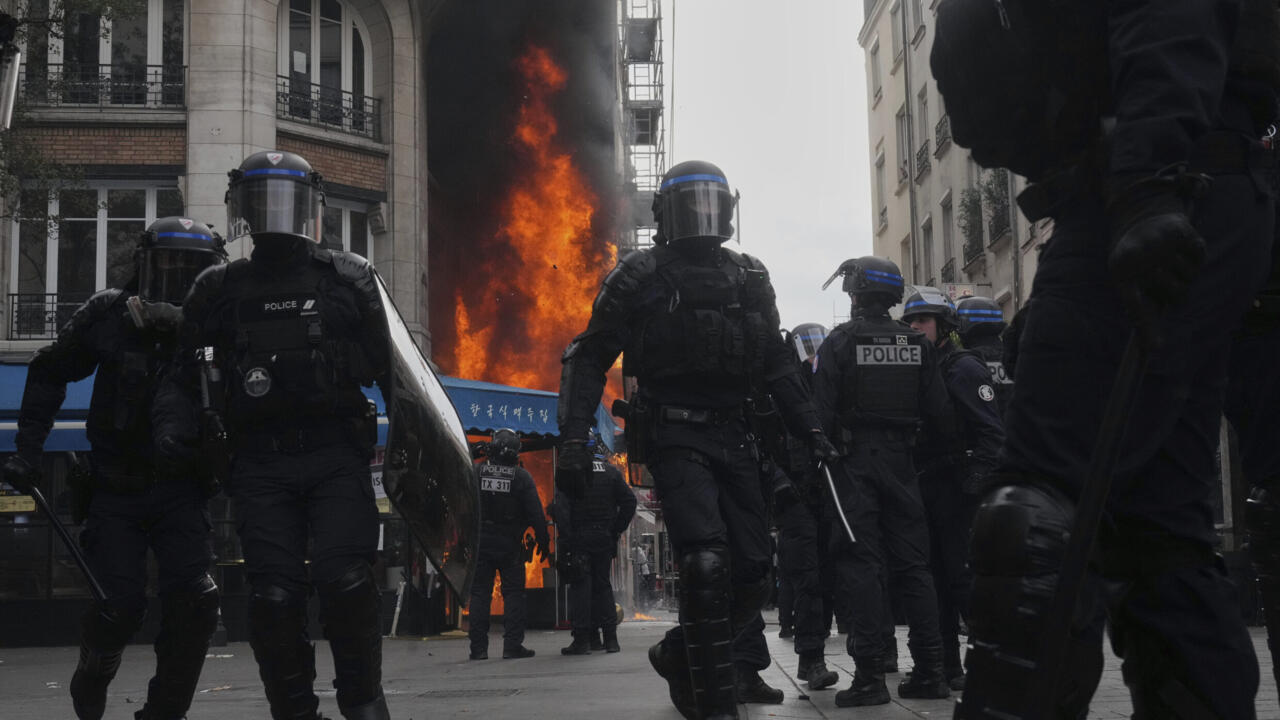200,000 Protest Across France in First Test for New Prime Minister
Nearly 200,000 people protested across France on September 10, 2025, in the first major test for new Prime Minister Sébastien Lecornu, as unrest over austerity measures and political instability gripped the country.

France was rocked by mass protests on September 10, 2025, as nearly 200,000 demonstrators took to the streets in response to government austerity plans and mounting frustration with President Emmanuel Macron’s administration. The protests, organized under the banner of the 'Block Everything' movement, marked the first significant challenge for newly appointed Prime Minister Sébastien Lecornu, who assumed office just a day earlier following the ouster of his predecessor, François Bayrou, after a parliamentary vote of no confidence[3][2][5].
Nationwide Unrest and Security Response
According to the Ministry of the Interior, over 80,000 police officers and gendarmes were deployed nationwide to contain the unrest, which saw roads blocked, fires set, and sporadic clashes with security forces in cities including Paris, Nantes, and Rennes[3][5][1]. In Paris, riot police used tear gas to disperse crowds near key sites such as Gare du Nord and several high schools, while a bus was set ablaze in Rennes and train services in the southwest were disrupted after damage to infrastructure[2][3]. Authorities reported more than 300 arrests nationwide, with nearly 200 detentions in the capital alone[3][5].
Political Crisis and Public Anger
The protests were triggered by widespread opposition to proposed budget cuts aimed at reducing France’s public deficit, which currently stands at over 113% of GDP—one of the highest in the European Union[3][5]. Outgoing Prime Minister Bayrou’s plan to slash €44 billion in public spending, including pension freezes and welfare cuts, sparked outrage among unions, students, and activists, who argue the measures disproportionately affect lower- and middle-income citizens[2][5].
The rapid appointment of Lecornu, Macron’s former defense minister, as the new prime minister has done little to quell public anger. Opposition parties and protest organizers have criticized the move as insufficient, with the far-left France Unbowed party and major trade unions calling for further mobilization and a nationwide strike on September 18[3][2].
Movement Dynamics and Broader Implications
The 'Block Everything' campaign, which began online and quickly gained traction among diverse groups, has drawn comparisons to the 2018–2019 'Yellow Vest' protests. Its decentralized nature has made it unpredictable and difficult for authorities to suppress, with actions ranging from road blockades to calls for boycotts of major corporations[2][3].
Despite the government’s efforts to maintain order, the scale and intensity of the protests underscore deepening political instability and a growing sense of alienation among French citizens. Prime Minister Lecornu has pledged a 'new approach' and promised to consult widely in forming a government coalition, but faces immediate challenges in restoring public trust and securing parliamentary support for the budget[5].
As France braces for further demonstrations, the coming weeks will test both the resilience of the protest movement and the ability of Macron’s administration to navigate a volatile political landscape.